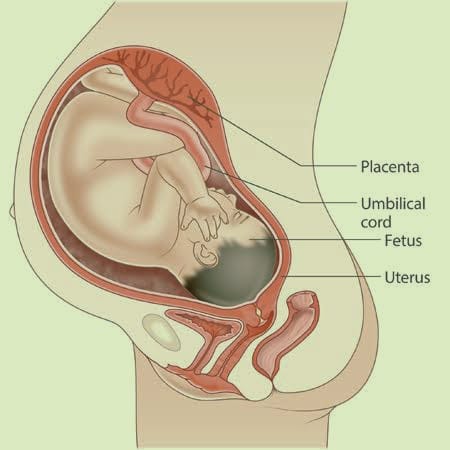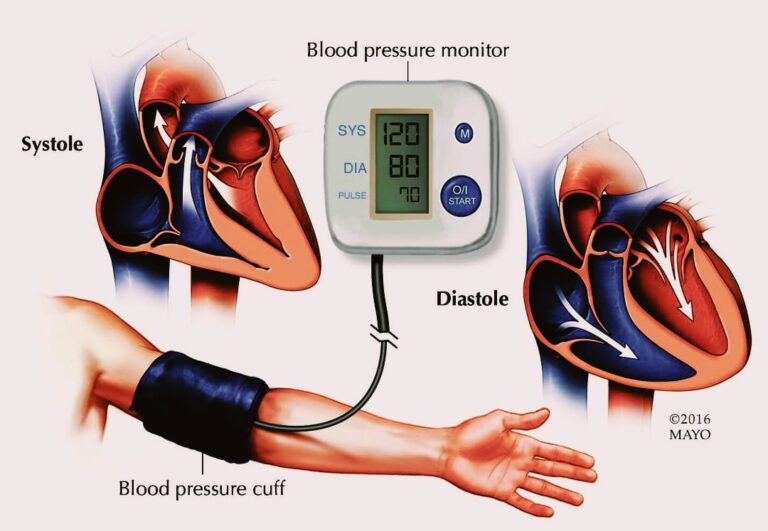Sleeping Pregnancy Tips for New Mothers
Pregnancy can make it difficult to get a good night’s sleep due to anxiety, hormonal changes, and physical discomfort. These tips may be helpful:
- Regular Exercise
According to experts, most pregnant women should continue a regular fitness regimen throughout their pregnancy. Strength and stretching exercises, in particular, can help reduce the likelihood of lower back pain and leg pain. If you focus on your core, stomach and back muscles, your body can more easily adapt to the physical changes that occur during pregnancy.
- Relaxation Exercises Can Help You Manage Stress
Many pregnant women find it difficult to sleep through the night due to stress. Your body may be more restful as you prepare for sleep by doing relaxation activities. Resources to help manage stress related to pregnancy and the upcoming life transition can also be obtained from a health care professional.
- Pay Attention To Your Diet
Make sure your diet is well-balanced and rich in whole grains, fruits and vegetables. Avoid heavy meals, caffeinated foods and sweet foods before going to bed and skip the toilet at night, but try to get most of your fluids early in the day.
- Establish a Consistent Sleep Routine
Maintain consistent bedtimes and wake-up times each day. Before bed, read a book, take a warm bath, or practice deep breathing techniques. These are examples of casual hobbies.
- Stay Hydrated
Drink plenty of water during the day and less in the evening to avoid going to the bathroom at night. This will help you stay hydrated.
- Limit Caffeine Intake
Since caffeine disrupts sleep, you may want to cut back on tea, coffee, and caffeinated soft drinks. If you decide to use it during pregnancy, try to limit your caffeine intake to the morning, as this is when it is least likely to interfere with your sleep at night.
- Find a Comfortable Sleeping Position
Sleeping on your left side will help your baby’s kidneys and blood flow. To reduce hip and lower back pain, place a pillow between your knees. As your pregnancy progresses, try to avoid sleeping on your back to avoid compressing the inferior vena cava.
- Nap Needed
If you have trouble sleeping at night, taking a nap during the day can help you make up for lost sleep. For maximum benefits of nighttime sleep, naps should ideally be taken 20 to 30 minutes earlier in the day.
- Use Pillows For Support
Using traditional or pregnancy pillows can support the back and abdomen, which will reduce pain and improve sleep.
- Set a Screen Time Limit
Since the blue light from screens can disrupt your sleep cycle, avoid using screens (including TVs, laptops, tablets and phones) at least an hour before bed. If you must use electronics, consider using blue light filters or apps that reduce blue light exposure.
- Keep Cool
Changes in hormones can cause you to feel hotter than usual. If necessary, use an air conditioner or fan, and wear light, breathable clothing.
- Consult Your Doctor
A doctor is advised if you struggle to get a good night’s sleep or have other symptoms of sleep problems, as certain conditions can increase the risk of difficulties during pregnancy. For pregnancy-related sleep problems such as heartburn, restless legs syndrome, or obstructive sleep apnea, a health care professional can offer recommendations and treatments.







